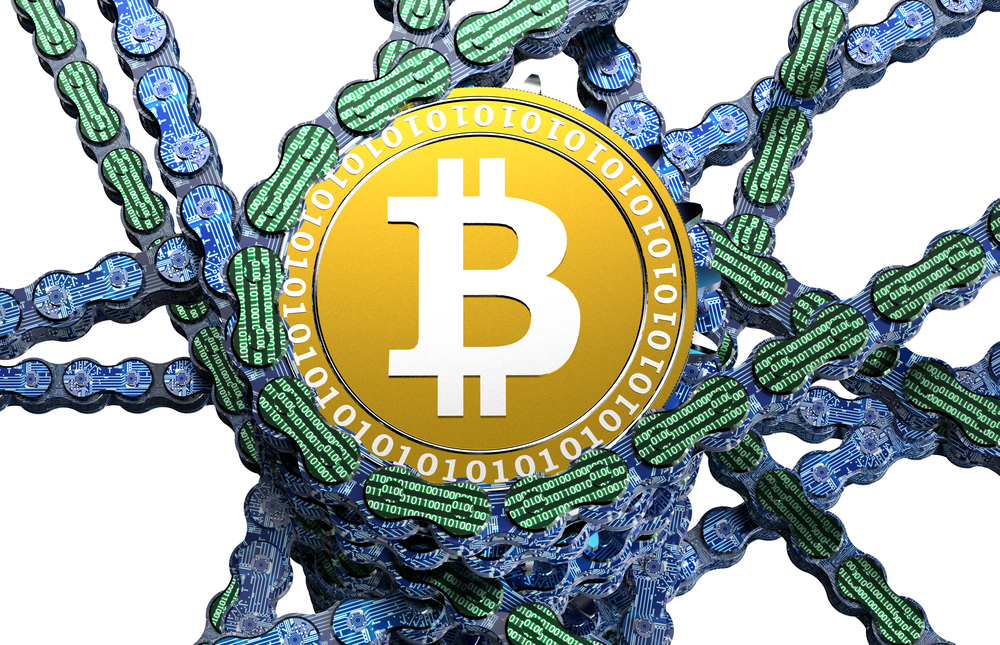The resurrection of bitcoin is upon on us. In 2013, bitcoin was going to change the world, it was set to be a digital revolution, and it was…until the world’s largest bitcoin exchange imploded.
Mt.Gox filed for bankruptcy in 2014 and that looked to be the end of the road for bitcoin. But how wrong were we? Today the bitcoin industry is thriving and the calamitous 2014 seems a million miles away. Bitcoin offers a cheaper and simpler alternative of transferring money from place to place, particularly for consumers and businesses moving it overseas, or online retailers accepting international payments.
The everyday usage for bitcoin is increasing, In 2015 alone the average number of daily transactions more than doubled in December compared to the same the year previous, while September saw a record high with 240,000 transactions.
Whilst bitcoin watcher Tim Swanson concedes that a lot of this usage is just speculation and many of those transactions may just be users changing the location of their funds, Coinbase, the world’s largest bitcoin exchange, is more confident than ever. The San Francisco based exchangers operate roughly 2.8 million bitcoin wallets worldwide, including overlooking bitcoin payments from the likes of Dell. Coinbase states that roughly 20% of its network activity involves payments or use of currency, with payments continuing to rise.
Coinbase have revolutionised the idea of bitcoin by revealing the country’s first bitcoin debit card. It is hoped that this will help operate the digital currency towards the mainstream market – and with over 7,500 memberships and $50,000 worth of bitcoin spent to date – this certainly appears to be the case.
Although a relatively small figure, the card can be spent anywhere that accepts VISA so the exchanges are confident that people will be persuaded to spend their bitcoin. If the card continues to be a success, a growing number of businesses will accept bitcoin without the need for the major financial operators.
The increasing popularity will be welcome news for those who deal in daily, direct payment exchanges, such as the gambling industry. A number of online casinos and bingo sites will now be able to entice potential customers with introductory bitcoin rewards and offer the convenience of in-game top-ups. This, along with the news that the UK Gambling Commission has approved bitcoin payments, should help cement the creditability of the currency in other, wider markets.
The other benefit for bitcoin is emerging technology – specifically blockchain.
This can be used to reorganize the exchange of stock and assist with a number of financial securities. In short, the blockchain is a sort of database running across and in-between various independent machines.
In terms of bitcoin, it supervises the exchange of money, but it is also able to supervise the exchange of anything valuable; stocks, bonds, houses, car titles, you name it. Many companies involved in the stock exchange and movement of currency overseas are now using the blockchain in this way, and whilst this may not include bitcoin as a currency, the industry is certainly getting the attention it deserves.
Adam White, Vice President and Product Manager at Coinbase describes 2015 as the year blockchain exceeded digital currency, believing that 2016 is bitcoin’s year, and so far, he is not wrong.

